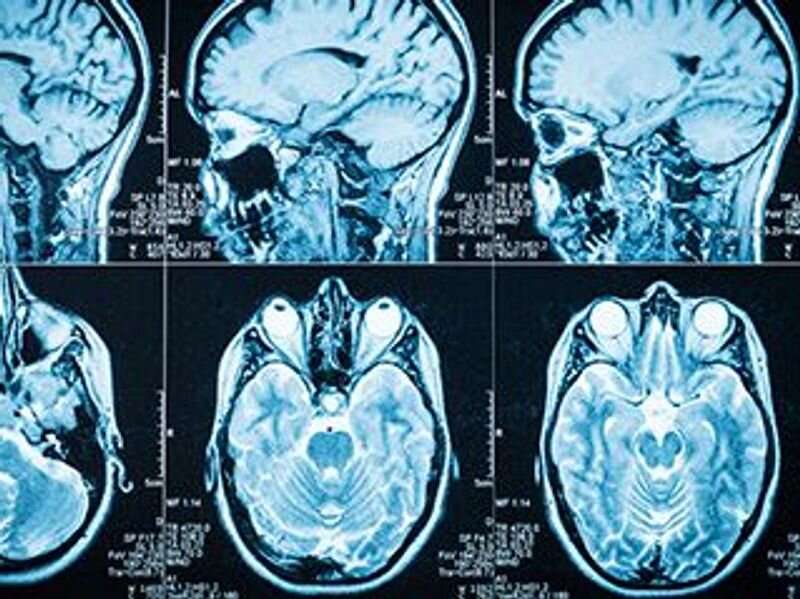Incidental findings on brain MRI common in children

(HealthDay)—More than 20 percent of children have incidental findings (IFs) on brain magnetic resonance imaging (MRI) conducted at age 9 to 10 years, according to a study published online March 22 in JAMA Neurology.
Yi Li, M.D., from the University of California, San Francisco, and colleagues examined the overall prevalence of IFs in brain MRI in the nonclinical pediatric population using data for 11,810 children aged 9 to 10 years who were enrolled and completed baseline neuroimaging in the Adolescent Brain Cognitive Development study between Sept. 1, 2016, and Nov. 15, 2018. Baseline structural MRIs were reviewed for IFs and findings were described and categorized.
The researchers found that 11,679 children had interpretable baseline structural MRI results. Of these, 21.1 percent had IFs, including 17.2, 3.7, and 0.2 percent assigned to category 2 (no referral recommended), category 3 (consider referral), and category 4 (consider immediate referral), respectively. There was no significant difference noted in overall rates of IFs between singleton and twin gestations or between monozygotic and dizygotic twins; heritability for the presence or absence of IFs was seen in heritability analysis (h2 = 0.260).
“From examining brain MRIs in this large, demographically diverse sample of U.S. kids, now we know with good statistical reliability how common various brain abnormalities are in the general population,” a coauthor said in a statement.
Source: Read Full Article
